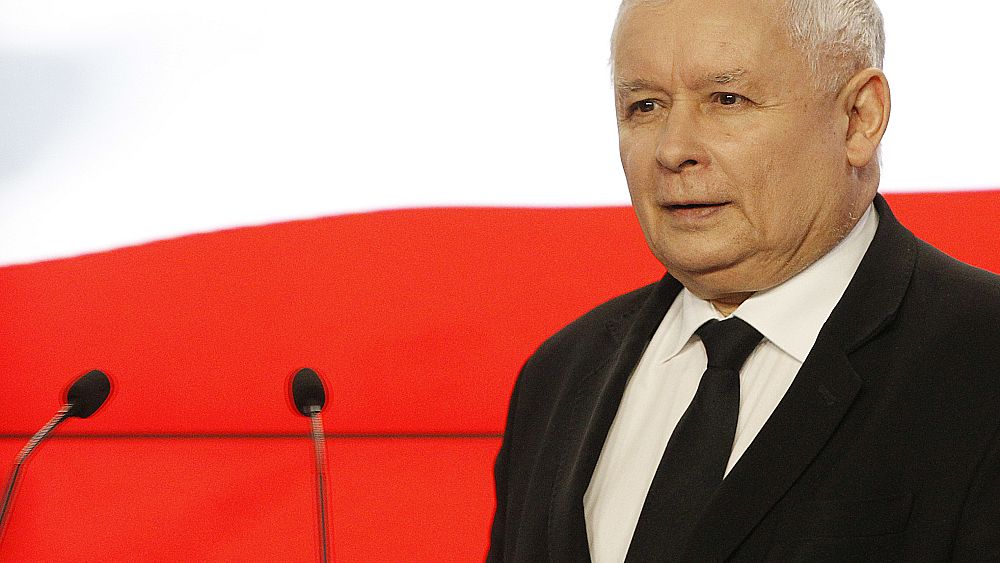
Poland is to introduce changes to its controversial disciplinary chamber for judges, the head of the ruling party announced on Saturday.
“We will abolish the Disciplinary Chamber (of the Supreme Court) in the form in which it currently operates and the subject of the dispute (with the EU) will thus disappear,” Jaroslaw Kaczynski, leader of the conservative Law and Justice party (PiS), said in an interview with the PAP agency released on Saturday.
The planned changes should be presented in September, he said.
The disciplinary chamber for top judges is part of judicial reforms the PiS has introduced in recent years and which have been harshly condemned by Brussels for curbing judicial independence.
PiS says the judicial reforms are necessary to fight corruption but critics argue it leaves judges open to politically motivated sanctions based on their rulings
The ongoing legal battle between the Polish government and the EU Commission over the controversial judicial reforms has raised concerns over a potential “Polexit”.
The European Court of Justice (CJEU) ruled in favour of the Commission last month, stating that the law for disciplining judges undermines judicial independence and contravenes EU law.
It demanded that the Polish government immediately suspend the disciplinary body and introduce changes. Failure to do so would open Poland to financial penalties.
But Poland had so far refused to respect the multiple CJEU injunctions, with the government arguing that Polish law prevails over European law.
The country’s Constitutional Court, which critics say is stacked with judges handpicked by PiS, declared that CJEU injunctions are non-binding last month.
Subsequently, the EU Commission gave Warsaw until August 16 to commit itself to respecting the CJEU’s decisions, threatening to seek financial penalties.
Kaczynski reiterated the government stance on Saturday, stating: “I do not recognise such judgments (of the CJEU), because they definitely go beyond the treaties and extend the competence of the EU courts.”
But the Polish government has also had to contend with strong domestic opposition. Thousands of judges and prosecutors have signed an appeal calling on the government to suspend the disciplinary chamber.
Earlier this week, the First President of the Supreme Court Malgorzata Manowska, partially suspended the disciplinary chamber until November, stating that no case would be brought forward until legislative changes had been made or until the ECJ made a final ruling on the matter.
The government swiftly condemned the act as “contrary to Polish law”, accusing Manowska of politicising the issue.
“It is the duty of the First President of the Supreme Court to stand on the basis of the law, and to leave the resolution of political disputes with the institutions of the European Union to the decisions of the competent authorities of the Republic of Poland, which are entrusted with the competences in this regard by the Constitution,” Justice Minister Zbigniew Ziobro said in a statement.
“A person who has decided to perform the responsible function of the First President of the Supreme Court should be resistant to threats and pressure, both from foreign institutions and from the politicized part of the judiciary community and the media supporting it. The decisions made by Ms Małgorzata Manowska mean that, unfortunately, she was not able to meet this challenge,” he added.